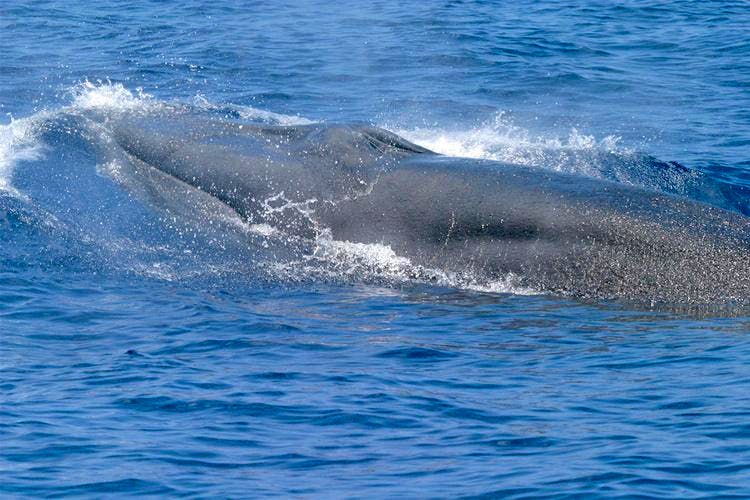Over the last two years, a pair of landmark conservation laws protecting species across our country and in our oceans celebrated their 50th anniversary: the Endangered Species Act and the Marine Mammal Protection Act (MMPA). While both acts protect aquatic life, the MMPA is specific to marine mammals, including whales, dolphins, porpoises and polar bears, regardless of whether they are threatened with extinction. Despite these laws, two whale species are facing extinction while members of Congress not only turn a blind eye but, worse yet, actively undermine both laws.
Congress must pass legislation to fund the federal government for the 2025 fiscal year by Dec. 20, or else face a government shutdown. Not uncommonly, some representatives are inserting policy provisions into this legislative vehicle — provisions which otherwise would have no chance of becoming law. These provisions cover a wide range of issues, including dangerous ones that could mortally undermine two of the most critically endangered whales on the planet — the North Atlantic right whale and Rice’s whale.
There are approximately 360 North Atlantic right whales remaining, including some 70 reproductively active females. This year alone, we have already lost at least four (likely five) of these magnificent whales, including juveniles and reproductive females. Since 2017, at least 40 right whales have been found dead, most of which were killed by one of the species’ two major threats: entanglements with fishing gear, or vessel strikes. This trend is not sustainable, and additional conservation measures are needed to prevent the species’ extinction.
In the Gulf of Mexico, Rice’s whales are even more critically endangered. There are fewer than 100 left on the planet — probably closer to 50. Only classified as a distinct species in 2021, this whale faces some of same threats as the right whale, including vessel strikes.
NOAA Fisheries is required by law to protect these species, but five targeted policy provisions in the FY25 funding bill would kneecap their ability to do so. Two provisions would prevent funding for the enforcement and implementation of NOAA Fisheries’ proposed vessel speed rule to protect the right whale, which is expected to be finalized late this year but has already been delayed for months. The proposal improves an existing 2008 rule, and would reduce the risk of vessel strikes.
The other three provisions prohibit new vessel speed restrictions in the Gulf to protect Rice’s whale (no such proposal currently exists); block designation of critical habitat for the species; and stop funds from being used on conservation measures for either whale so as not to impact offshore energy leasing, development and production.
This congressional overreach is an abuse of power that undercuts the regulatory process and is a farce to policy-making that requires “sound science.” If any of these provisions are enacted, these species will be driven even closer to the brink of extinction. Not a single MMPA-protected species has gone extinct in U.S. waters in the law’s 52 years of existence. We don’t want to start now.
Defenders of Wildlife urges Congress to stand up for our foundational conservation laws, and to reject attempts by its members to assert influence into areas where they have little to no expertise. The fate of these two magnificent whale species, and no doubt numerous others in the future, depends on the action Congress takes today.









